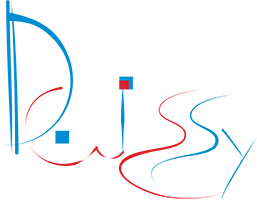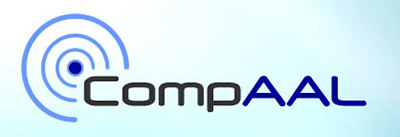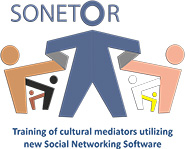eCult Skills
-
Info
Title eSkills for Future Cultural Jobs
Acronym eCult Skills
Framework LifeLong Learning Programme – Leonardo da Vinci
Project Number 2013-1-GR1-LEO05-13884
Start – End Date 01/10/2013 – 30/09/2015
Duration 24 months
Instrument / Type Multilateral Project for Transfer of innovation
Funding Agency EU – Greek State Scholarships’ Foundation (IKY)
Total Project Budget 334.581,00 €
Total Project Funding 250.934,00 €
Project Homepage http://groupspaces.com/eCult/
Status Completed
Description
The eCult Skills Project will address the shortage of skilled professionals with ICT qualifications in the Cultural sector. It will analyze the market needs, the existing trainings available for the different competences, and define a professional standard in the participating European countries. To make qualifications and profiles more comparable, it will refer the identified skills and competences according to the European Frameworks EQF/e-CF. As a consequence, employment of Culture professionals and their mobility across Europe will be reinforced.
New challenges in Culture sector professions call for new initiatives, flexibility and adaptability. Culture Industry development policies need to place strategic goals of a broader context, seeking enhanced quality of service that will enforce the existing workforce and eventually attract young people to the profession.
The objective of the eCult Skills project is to transfer the results of previous projects and to adapt the methodology to eCultural IT Jobs to set up a reference profile model.
The expected impact will allow for comparable skills sets for these professions of the future, so as to support the European labor market and thus, the employability of professionals while at the same time contributing to one of the major challenges of Europe 2020.
Project Outcomes
The eCult Skills project will develop:
- European eCultural specialist profiles that are in compliance with the principles of the European meta-frameworks EQF/e-CF and ECVET,
- Guidelines for developing/setting-up further vocational training measures for eCulture Jobs.




